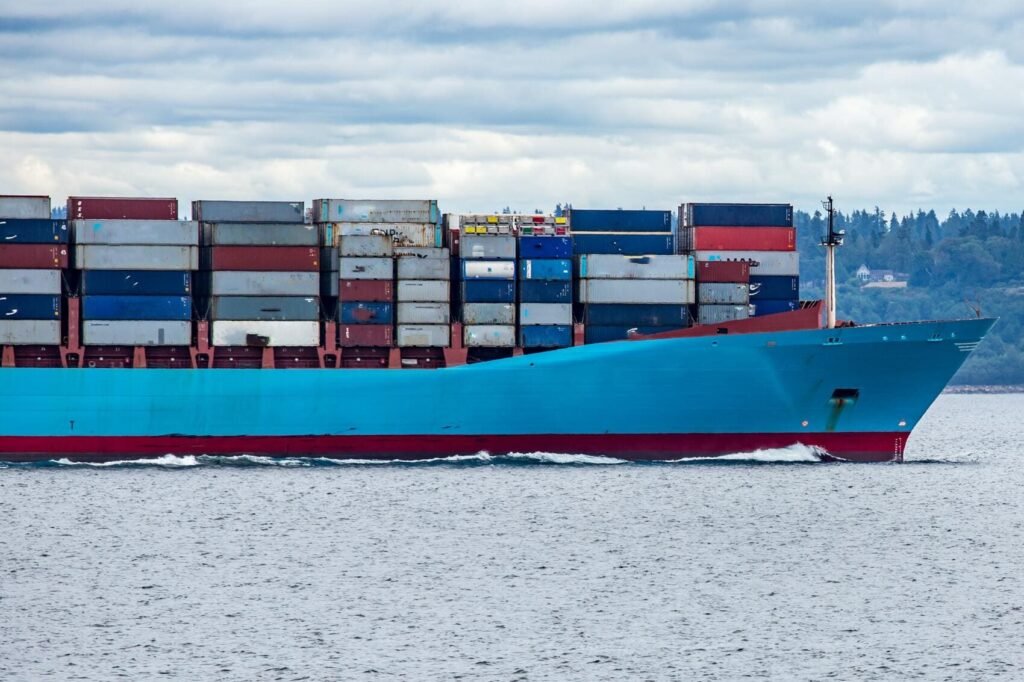When evaluating the service ability of logistics agents, it can be comprehensively considered from the following aspects:

- Logistics network and coverage
Transport network: Assess whether the logistics agent has an extensive transport network, including land, sea, air and other modes of transport.
Geographic coverage: See if it can cover all the destinations you need, especially if your business involves cross-border or regional shipping.
- Storage and distribution capabilities
Storage facilities: Find out if the logistics agent’s storage facilities are advanced and can meet your storage needs.
Distribution efficiency: Evaluate the efficiency and accuracy of its distribution system, including whether it is able to deliver goods to the designated place on time.
- Information technology and system support
Logistics management system: Investigate whether the logistics agent has an advanced logistics management system and can provide real-time cargo tracking and information services.
System integration: Find out if their systems work seamlessly with your enterprise systems to increase productivity.
- Service quality and reliability
Just-in-time delivery rate: Statistics and analysis of logistics agents’ just-in-time delivery rates to assess the reliability of their services.
Cargo loss rate: Examine the loss rate of goods during transportation to measure its transportation quality.
- Customer service and support
Response speed: Evaluate the logistics agent’s response speed to customer needs and ability to deal with problems.
Customer service attitude: Understand the professionalism and service attitude of their customer service team.
- Cost-benefit analysis
Service cost: Under the premise of ensuring the quality of service, compare the price and service cost of different logistics agents, and choose cost-effective agents.
Value-added services: Find out if logistics agents provide value-added services such as packaging, handling, insurance, and evaluate their costs and benefits.
- Market reputation and industry status
Customer evaluation: Collect and analyze other customers’ evaluation and feedback on logistics agents.
Industry recognition: Examine the status and recognition of logistics agents in the industry, such as whether they have won relevant awards or certifications.
To sum up, evaluating the service capability of logistics agents needs to be considered from multiple dimensions. By taking all the above factors into consideration, you can choose the logistics agent that best suits your business needs.

